Iran and Pakistan share deep historical and social ties due to their geographical proximity and cultural similarities. These ties have been nurtured through centuries of interaction, resulting in strong cultural relations between the two countries. This essay aims to explore the significance of these relations, particularly within the domains of literature, art, and culture.
Historically, Iran and Pakistan have been connected through various trade routes and migrations, facilitating the exchange of ideas, literature, and art. The influence of Persian language and culture on Pakistan is significant, primarily due to the centuries-long rule of various Persian dynasties, including the Mongolians. This historical connection has forged a strong bond between the two nations,
making it essential to emphasize and nurture these relations.
In literature, Iran and Pakistan have a shared literary heritage rooted in Persian literature and poetry. Persian language has deeply influenced Urdu, the national language of Pakistan, resulting in a rich literary tradition. Renowned Iranian poets like Rumi, Hafez, and Saadi are widely read and revered by both Iranians and Pakistanis. Their works have been translated into Urdu and have greatly contributed to the literary canon of Pakistan. Bolding the literary relations between Iran and Pakistan allows the two nations to further enrich their literary heritage, exchange literary works, and
promote cross-cultural understanding.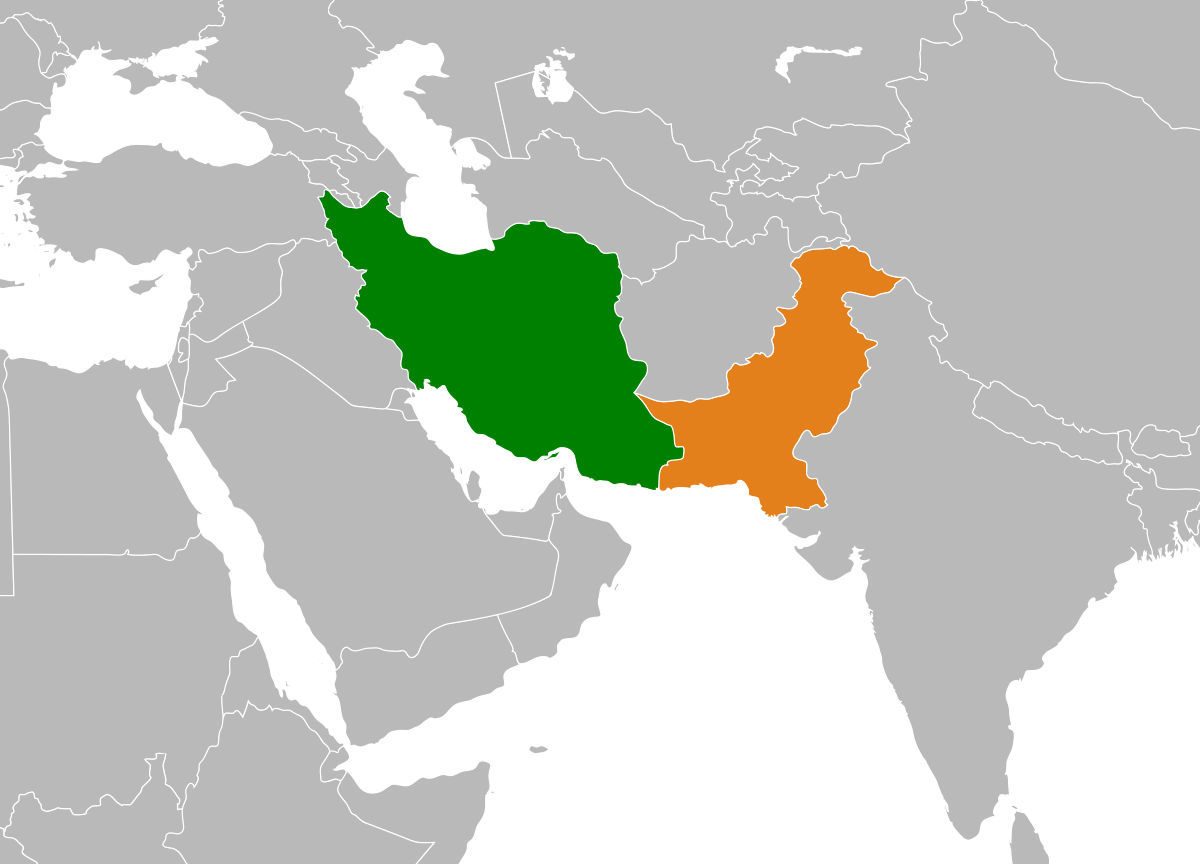
Iran and Pakistan is crucial for fostering people-to-people connections
Moreover, art and culture play a vital role in shaping the identities and promoting intercultural dialogue. Iran and Pakistan share many cultural practices, such as traditional music, dance, and visual arts. Exposing and celebrating these cultural connections promote mutual understanding and appreciation between the two countries. It allows artists and cultural practitioners to collaborate, learn from each other, and create new forms of artistic expression that transcend national boundaries.
Furthermore, emphasizing cultural relations between Iran and Pakistan is crucial for fostering people-to-people connections. Culture acts as a bridge between societies, enabling individuals from different backgrounds to engage and communicate. By encouraging cultural exchanges, Iranians and Pakistanis can develop a deeper understanding of each other's traditions, beliefs, and customs. This
understanding can help overcome stereotypes, strengthen friendships, and pave the way for greater collaborations in various fields.
In today's globalized world, where cultures are increasingly marginalized by dominant trends, it is crucial to preserve and celebrate unique cultural heritages. By bolding cultural relations, particularly in literature, art, and culture, Iran and Pakistan can resist the homogenizing forces of globalization, maintain their distinctiveness, and reinforce their shared values. This not only enriches the cultural tapestry of the two nations but also contributes to the promotion of peace, harmony, and
cooperation between Iran and Pakistan.
Dear Visitor; Please take a look at the list of 50 most visited websites in the world wide web: YouTube, Facebook, google, translate, gmail, weather, amazon, Instagram, cricbuzz, Hotmail, wordle, satta king, twitter, yahoo, yandex, sarkari result, Netflix, google maps, yahoo mail, roblox, whatsapp, NBA, BBC news, outlook, pinterest, flipkart, eBay, omegle, live score, tiktok, canva, ipl, premier league, hava durumu, ibomma, walmart, twitch, ikea, shein, linkedin, home depot, e devlet, lottery, snaptik, cricket, serie a, nfl, spotify, fox news, amazon prime; There is no book publishing related or project management website in this list. We are working hard to bring these important issues to the center of concentration of societies. Please introduce us via social media, share our website with others and help us to make our world a better place to live. Best Regards.



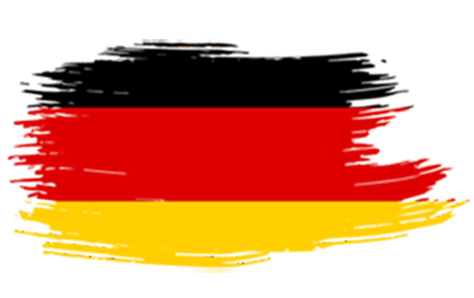
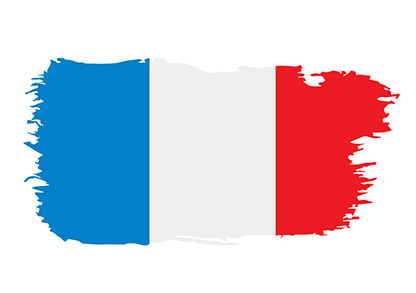
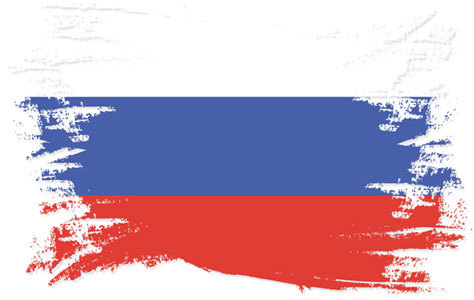

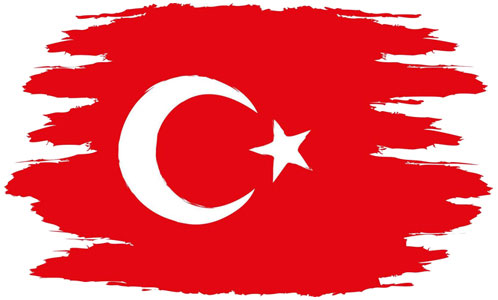

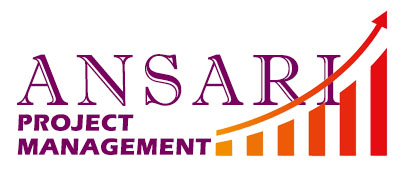

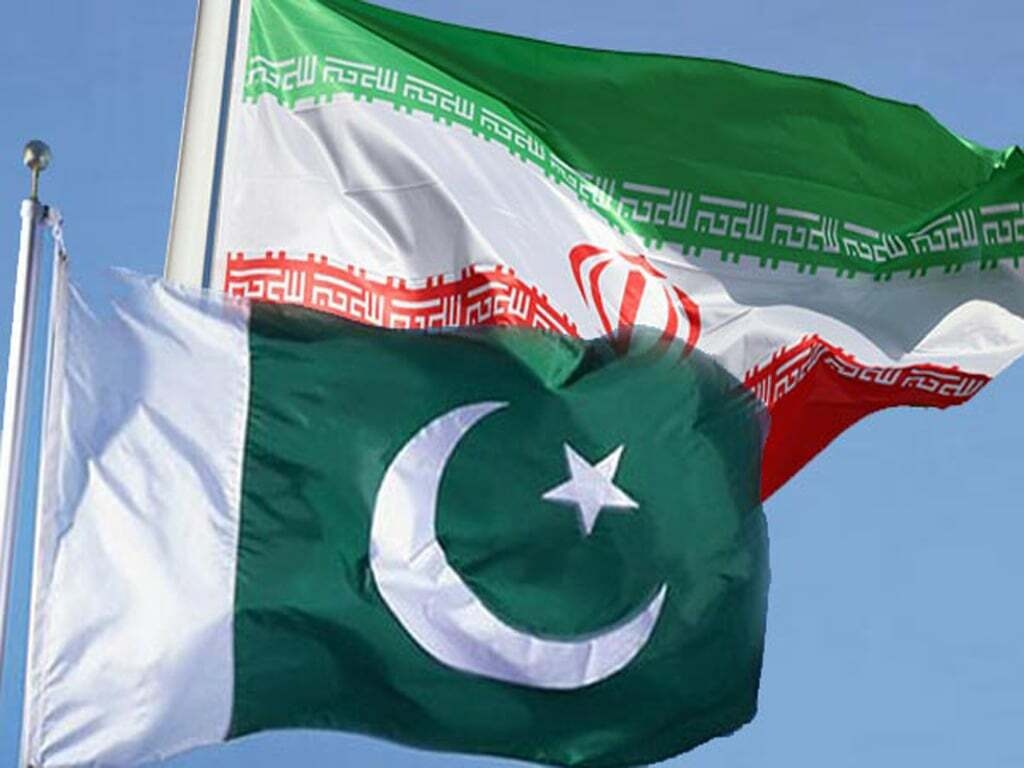
Write your review